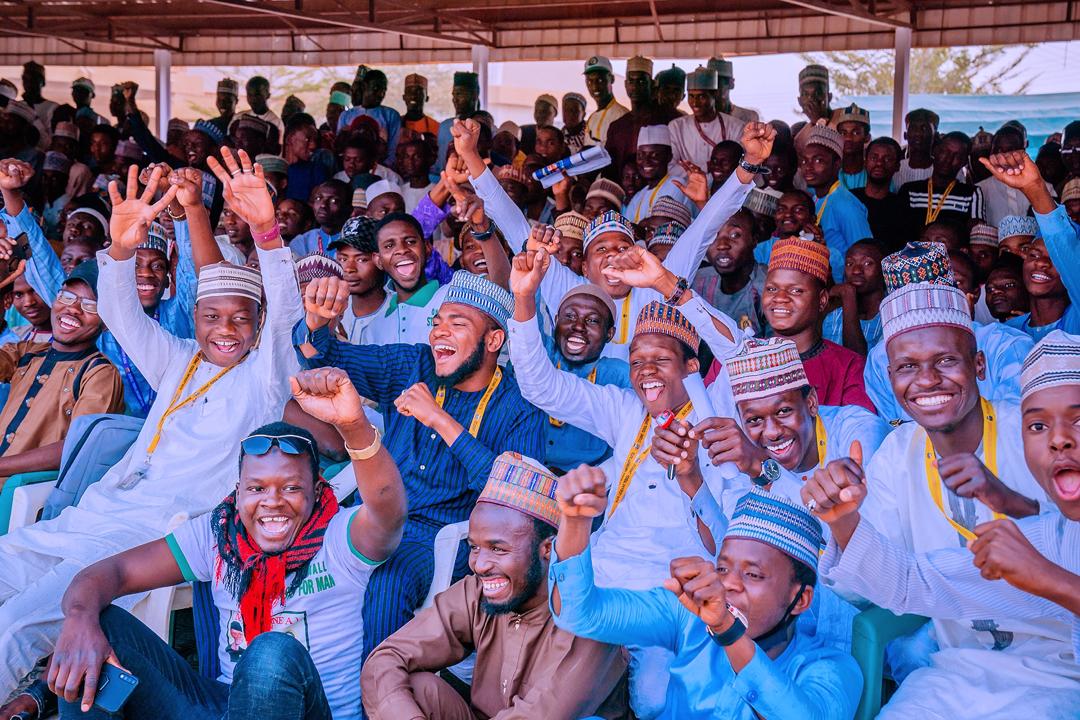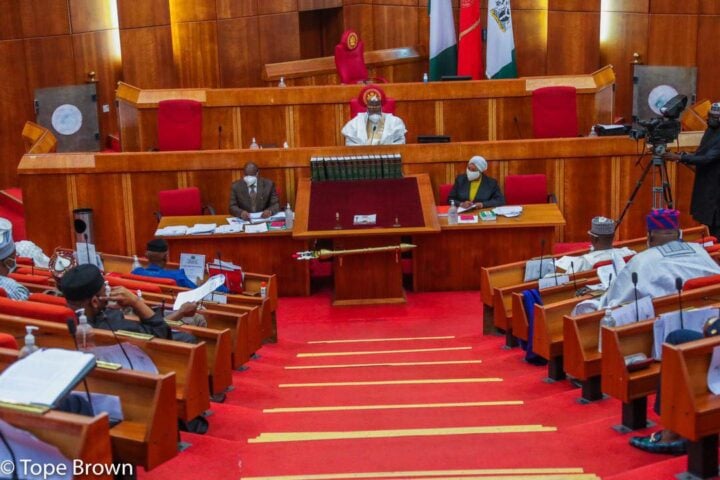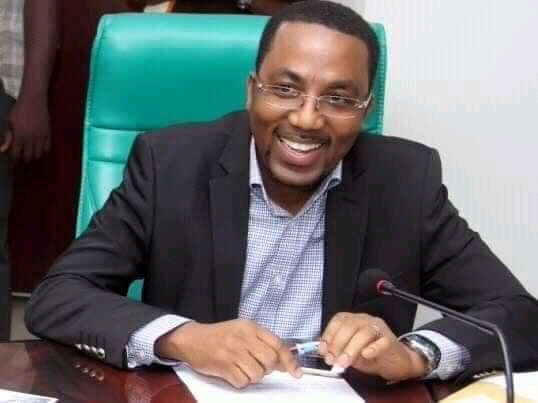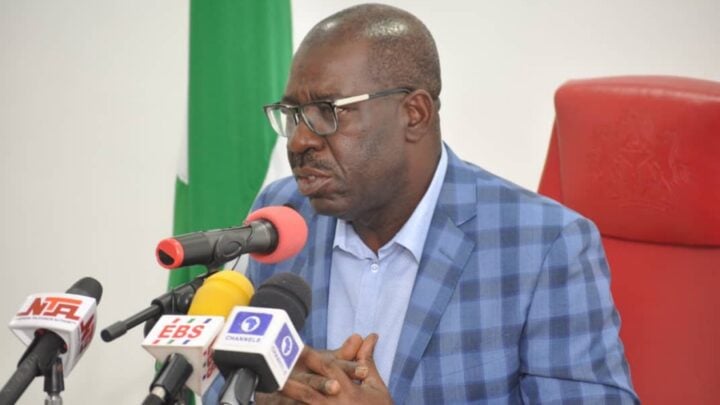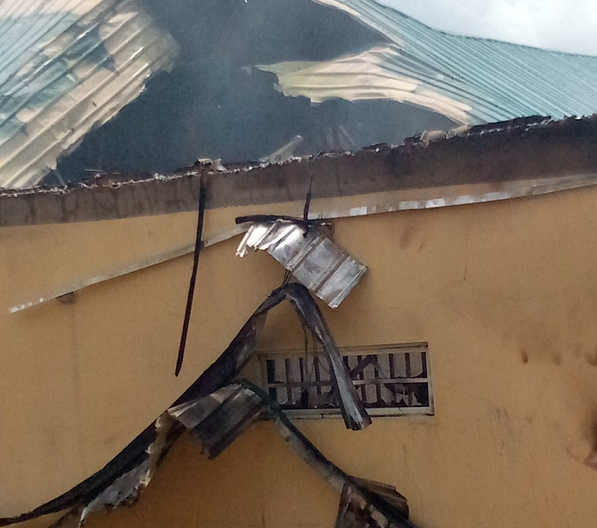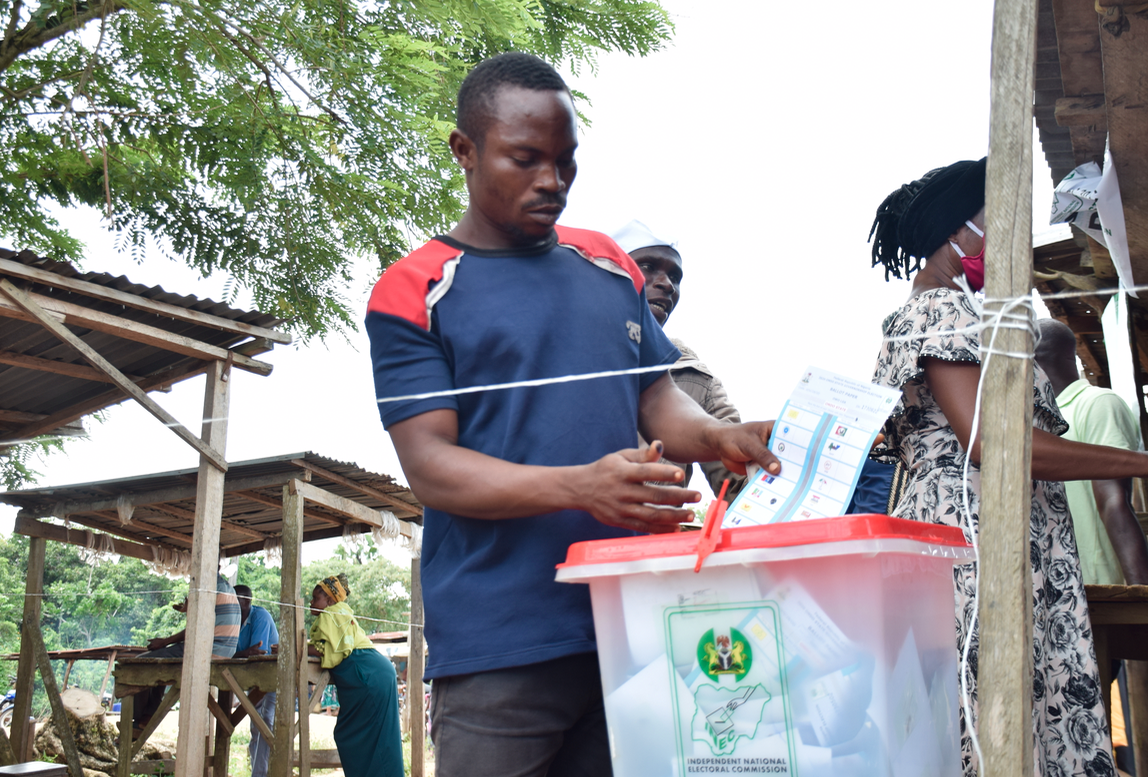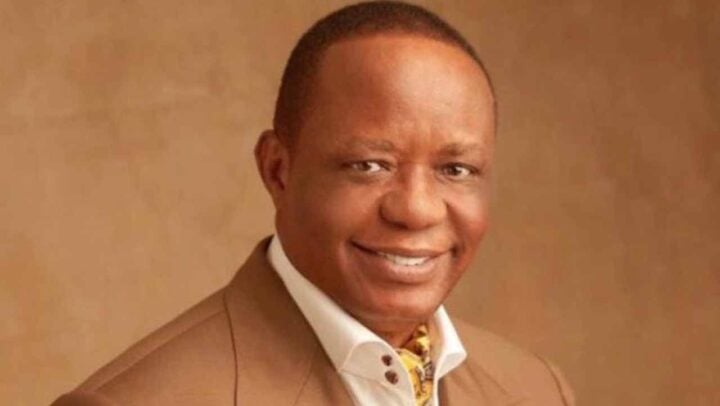By ZAYYAD I. MUHAMMAD
Recently, Vice-President Yemi Osinbajo asked the Nigerian youths to contest for elective positions in the 2023 elections if they want to assume power. Equally, former senate president, Bukola Saraki, also asked Nigerian youths to participate in the 2023 general election, Saraki said the youths have the numbers. These are timely calls. However, is the Nigerian political leadership ready to share power with young Nigerians?
There are over 84 million registered voters in Nigeria. The Nigerian youths aged 18-40 constitute more than 60 percent of the registered voters. This is an indication that the Nigerian youths have the power to change the direction of Nigeria, even if the political leadership is not ready to share power with them. Nevertheless, the youths still need the political leaders, and as Osinbajo said, power is never given on a platter.
In his New Year address to Nigerians on January 1, 2021, President Muhammadu Buhari said his government had heard, listened, and is committed to fulfilling the demands of the Nigerian youth following the nationwide #ENDSARS protests. Although, the government has fulfilled most of the initial demands of the #ENDSARS protest, the most important demand is providing productive employment for the youth and creating easy access for them to participate in governance, politics, and decision-making.
Although political power is not given freely, one must work for it, but the United Nations Development Programme (UNDP) said both formal and informal engagement of youth can be understood as political participation, and both are beneficial for a vivid and resilient democracy and should be supported.
Advertisement
President Buhari has acknowledged that young Nigerians are the most valuable natural resource the country has. But, sadly, most young Nigerians feel underrepresented in Buhari’s government. In terms of political participation and engagement in governance.
The youths are indeed ready to assume power, looking at the current political and social moves by many young Nigerians. The way Hussein Bagwanje, northern youth ambassador, mobilised the youth during the Independence Day celebration in Jos, Plateau state, was a strong message to the political class. The youths are indeed ready to participate and take over power.
However, the political class must also be the ladder for youth participation in governance. For example, President Buhari should appoint 12 young people, not above 40; two from each of the six geo-political zones, as senior special assistants with full cabinet status. Consider them for appointments into the boards of agencies and parastatals; including his new nominations for new ministers.
Advertisement
As for the active political parties — the APC and the PDP in particular, 2023 will greatly be an opportunity for the parties to give young people the chances to actively participate in the decision and policy-making in Nigeria, especially in the house of representatives and the senate. At least 40 senators and 100 members should be allocated to the young people.
This will greatly impact the youths’ perception of the government and the polity, and give the government the ‘strength’ to boast that youths are adequately represented in the government. This will also create a strong link between the government and the youth, who form more than half of Nigerian voters.
Muhammad writes from Abuja. He can be reached via 08036070980, [email protected]
Advertisement
Views expressed by contributors are strictly personal and not of TheCable.
Add a comment
